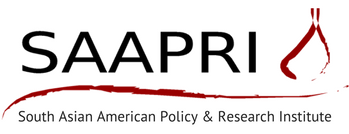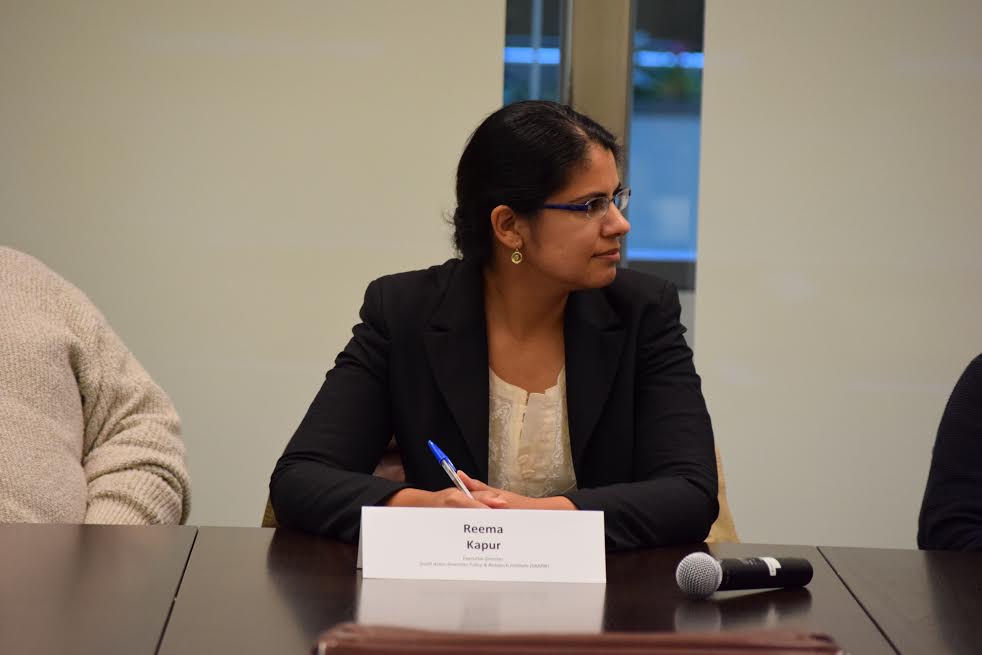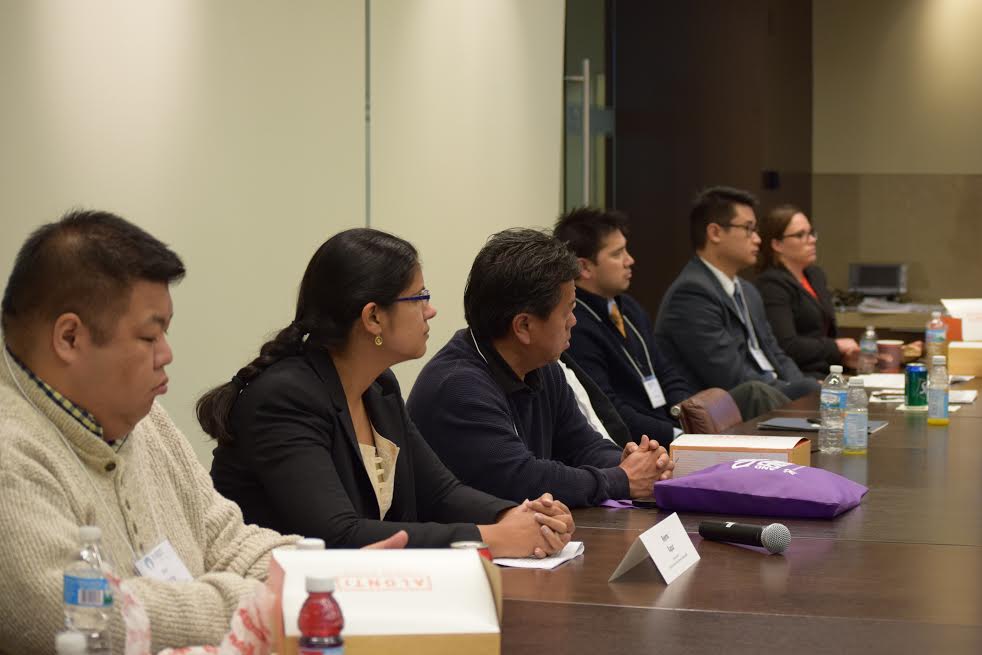On October 17th, 2015, SAAPRI’s Executive Director Reema Kapur joined a panel discussion at DLA Piper-Chicago around immigration issues with fellow panelists from Korean American Resource & Cultural Center (KRCC), AFIRE Chicago, and Asian Americans Advancing Justice-Chicago. The panel was part of leadership training the Asian Pacific American Institute for Congressional Studies (APAICS) was hosting for AAPIs who were interested in running for office.
The session included a series of roundtable discussions to introduce the participants to current issues impacting the AAPI community. The issues covered included education, immigration, and economic development. Among others, the panelists examined the following questions: How can we make sure that AAPI immigrants are getting access to the proper resources? What are the biggest challenges that are unique to AAPI immigrants – both undocumented and LPRs? This October marks the 50th anniversary of the Immigration and Nationality Act of 1965. How has the overall attitude towards immigrants from Asian countries changed since then?
Reema shared with participants SAAPRI’s perspective on immigration from the South Asian diaspora as they relate to the region and the AAPI community in an interactive and open discussion format. She discussed SAAPRI’s original research regarding the state of South Asian Americans in Illinois, including the demographics and characteristics of the South Asian American community. She stressed that South Asian immigration to the United States is represented at both ends of the educational and class spectrums. Just as South Asian immigration is made up of engineers, medical professionals, tech workers, and entrepreneurs, a growing number have entered US with minimal education and job skills who might work as retail workers in gas stations, convenience stores, or in motels. Lastly, she discussed its immigration advocacy on behalf of community members across the spectrum from H1-B and H-4 visa holders to undocumented community members.


